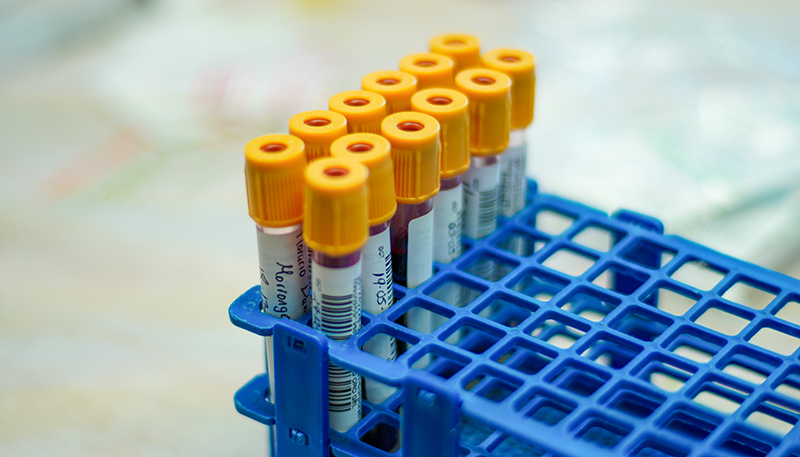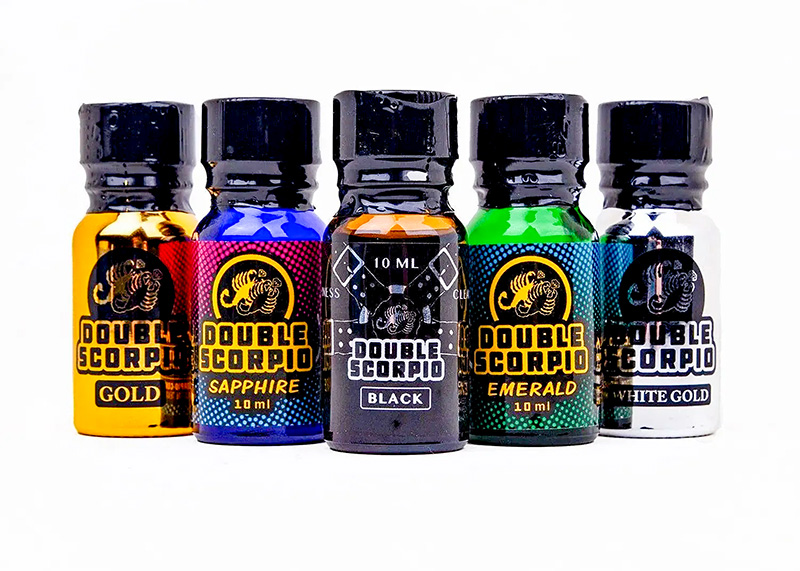PrEP goes digital: accessing Truvada with an app
Dedicated apps could make accessing PrEP easier than ever

The battle against HIV transmission is going digital. With the advent of PrEP, or pre-exposure prophylaxis, gay and bisexual men have yet another option to help protect themselves from acquiring the virus. It’s been lauded as a wonder drug, supported by health professionals, and touted as an important part of securing an AIDS-free generation. The only problem is that a large number of people still aren’t aware of it — and even more have trouble simply accessing it.
Enter The DC Center’s HIV Prevention Working Group, which has been brainstorming ways to make PrEP available to as many people as possible. Two years ago, the Center proposed creating a mobile app that would not only connect people to resources that offer PrEP, but would remind them when to get their prescription refilled and guide them along the process of obtaining Truvada, the drug’s brand name.
“At the time it was very forward-thinking,” says Brant Miller, former program manager for The DC Center. “There weren’t as many media campaigns around PrEP, but there certainly weren’t any that were very specific to D.C.”
The DC Center applied and was approved for a $10,000 grant as part of The George Washington University’s “Learning by Giving” student philanthropy program, where students select local charities or nonprofits deserving of financial support. The Center also received a sponsorship from the District of Columbia Department of Health’s HIV/AIDS, Hepatitis, STD and TB Administration (HAHSTA) and financial support from Stonewall Kickball to help fund the development of the mobile app, called “bePrEPed.”
They then partnered with JEL Creative, which designed the technical aspects of the app, and local video production firm Bennett Street Media, which produced various videos for the app. Those videos function as tutorials for users, teaching them the basics of what PrEP is, who is eligible for it, and when to take it.
The app contains a map of clinics and health providers in D.C., Maryland and Virginia who are willing to prescribe PrEP, and a tab where users can set reminders to take their daily dose, refill their prescription, or make appointments for lab work or regularly scheduled checkups with their physician. It also contains information on condom use, along with a reminder that PrEP does not prevent other sexually-transmitted infections. Miller says this was added to give users a more comprehensive education on safer sex.
But he also acknowledges that The DC Center’s app largely serves as an educational and referral service, with users having to take the initiative to approach their own doctors or medical providers about PrEP. The aim, he says, is to have both doctor and patient knowledgeable of the subsequent steps they have to take, including testing and regular checkups.
For those reticent to speak about their sexual history and practices, another, more discreet option may be on the horizon. A Californian app called Nurx, originally designed to deliver birth control to women, has started offering access to PrEP.
According to Hans Gangeskar, a co-founder of Nurx, the company’s new PrEP outreach connects users directly to a real medical doctor who can prescribe PrEP without having to go through a face-to-face conversation. Users answer 17 screening questions related to Truvada or PrEP, which are then sent to and reviewed by a licensed doctor. The doctor then orders a full range of testing, and the app refers patients to a laboratory, often trying to connect low-income or uninsured people to places where they can find free testing, such as the San Francisco City Clinic. If the patient’s test results come back HIV-negative, the doctor then prescribes PrEP and the prescription is mailed to the user.
“We’ve crafted this service very carefully so that we can identify any PrEP indication that the CDC recognizes,” says Gangeskar.
Although the app is only available in California, Nurx has plans to expand to other major metropolitan areas in the coming months. Asked about the out-of-pocket costs of the medication, which can make PrEP unattainable to low-income users, Gangeskar said Nurx tries to connect patients with co-pay or medication assistance programs, such as the one run by Gilead Pharmaceuticals, the company that creates Truvada.
To reach out to certain at-risk populations, Nurx is advertising on Grindr and other social apps. Gangeskar hopes making Nurx widely available can help lower barriers to low-income or minority populations, while also affording them the opportunity to avoid uncomfortable conversations with doctors who may not be as familiar with PrEP.
“The thing I always stress is that every request is reviewed manually by a real doctor,” Gangeskar says. “And that doctor is free to make whatever decision they think is best, based on the information available to them. The only thing that really changes is how the information is collected.”
He adds that Nurx has learned lessons from its foray into the world of at-home delivery of birth control, and is applying those lessons to inform how it deals with PrEP.
“With birth control, this has been studied in quite a bit of detail. It turns out that women, when you ask them the questions that are needed to receive birth control, are more honest when those questions are answered in a survey form than they are if they’re asked face-to-face by a doctor,” Gangeskar says. “And looking at the questions you have to ask to prescribe PrEP, we have every indication to believe that the same is true there. People are not comfortable discussing their sexual history and safe-sex practices with strangers. Making this a seamless process is something that will make this a lot easier.”
Support Metro Weekly’s Journalism
These are challenging times for news organizations. And yet it’s crucial we stay active and provide vital resources and information to both our local readers and the world. So won’t you please take a moment and consider supporting Metro Weekly with a membership? For as little as $5 a month, you can help ensure Metro Weekly magazine and MetroWeekly.com remain free, viable resources as we provide the best, most diverse, culturally-resonant LGBTQ coverage in both the D.C. region and around the world. Memberships come with exclusive perks and discounts, your own personal digital delivery of each week’s magazine (and an archive), access to our Member's Lounge when it launches this fall, and exclusive members-only items like Metro Weekly Membership Mugs and Tote Bags! Check out all our membership levels here and please join us today!


























You must be logged in to post a comment.